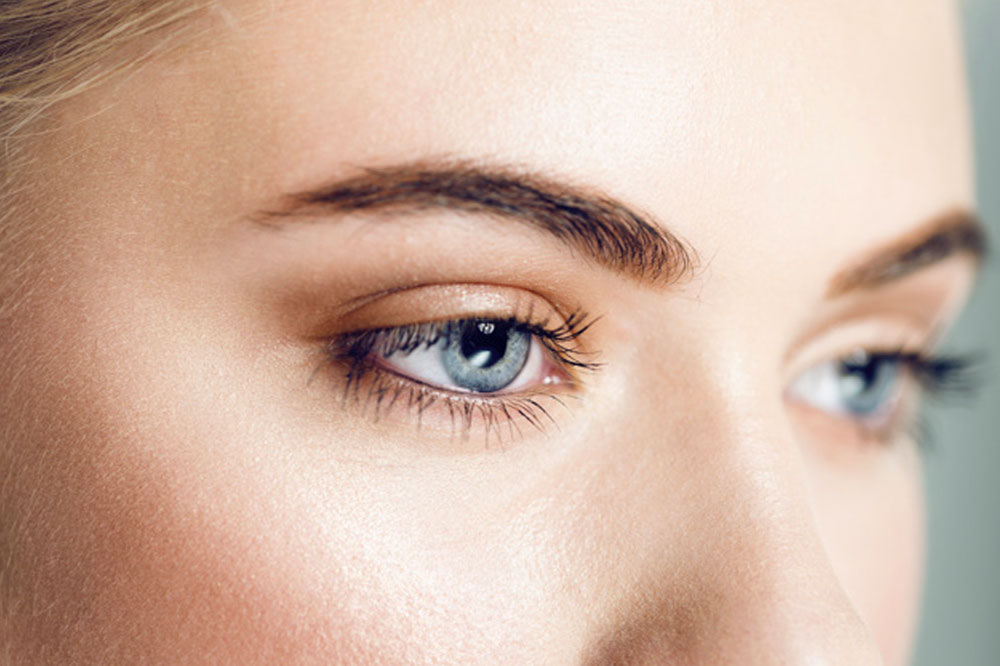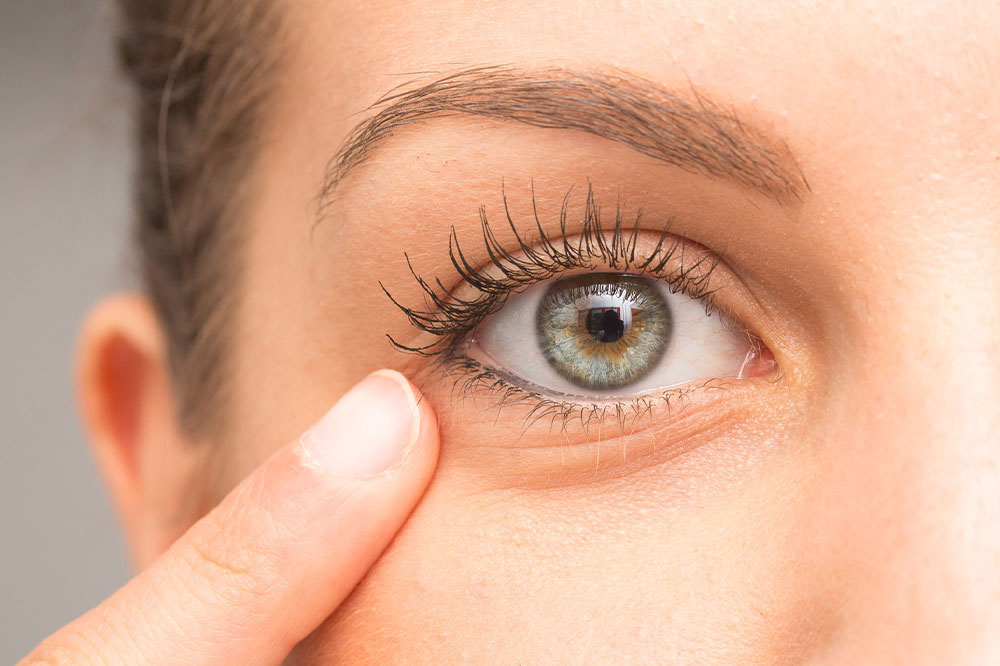Top 5 Nutrients to Support Visual Wellness
This article explores the top five nutrients and supplements that promote and protect eye health, including bilberry, lutein, zeaxanthin, mixed carotenoids, omega-3 fatty acids, and Coenzyme Q10. It emphasizes the importance of consulting healthcare professionals before use and maintaining a healthy diet to support vision, especially for age-related conditions like presbyopia, AMD, cataracts, and glaucoma.
Sponsored

Presbyopia, a common eye condition, occurs when the eye lens loses its flexibility, making it difficult to focus on close objects. Predominant in individuals over 40, this issue should not be ignored. Other eye concerns that can impair vision include age-related macular degeneration (AMD), cataracts, and glaucoma. A balanced diet can help prevent or reduce the risk of these problems. Additionally, specific supplements aimed at eye health can be beneficial, especially when early symptoms appear. Awareness of eye health symptoms is crucial for timely intervention.
Essential Nutrients for Eye Health Daily dietary supplements are designed to address various health issues, including vision. Extensive research supports the effectiveness of certain nutrients, especially antioxidants, in protecting the eyes from oxidative stress, a major contributor to many eye disorders.
Bilberry Native to North America and Europe, bilberry belongs to the Vaccinium genus and is rich in antioxidants. Known for its benefits in managing diabetes, bilberry is also acclaimed for supporting eye health. Its high anthocyanin content helps strengthen blood vessels, protecting them against blood sugar damage. Furthermore, bioflavonoids in bilberry aid in restoring rhodopsin, a pigment vital for night vision. During World War II, British pilots used bilberry to improve their night vision, highlighting its traditional use.
Lutein and Zeaxanthin These carotenoids are naturally present in your eyes, chiefly responsible for filtering high-energy blue light from sunlight. They safeguard the macula lutea, essential for sharp central vision. Supplementing with lutein and zeaxanthin helps shield against harmful solar rays, reducing the risk of AMD. They also enhance contrast sensitivity, improve night vision, and lessen glare. Additionally, these antioxidants combat oxidative damage, preventing dry eyes and cataracts.
Mixed Carotenoids Combining various carotenoids provides comprehensive eye protection. Besides lutein and zeaxanthin, notable ones include astaxanthin, beta-carotene, and lycopene. Beta-carotene converts to vitamin A, a vital nutrient for vision health, further boosting its role as an effective supplement. Support from vitamins A, C, and E is also common, with zinc helping to slow AMD progression. However, supplement intake should be moderated, and medical advice is essential to avoid overdose effects.
Omega-3 Fatty Acids Recognized as vital for eye health, omega-3 fatty acids help alleviate inflammation associated with AMD. Consuming fatty fish, nuts, and omega-3 supplements can support retinal integrity, enhance tear production, and moisturize the eyes. DHA, a key omega-3 component, maintains the cell membranes in the eyes, ensuring prolonged visual clarity.
Coenzyme Q10 This compound, produced naturally in the body, diminishes with age, affecting cellular energy production. Coenzyme Q10 supports mitochondrial health within eye cells, providing necessary energy to combat light exposure and preserve vision. Supplementation helps mitigate cellular damage caused by light, supporting overall eye vitality.
Guidelines for Eye Supplement Use Before starting any supplement regimen, consider these tips:
Consult with a healthcare professional before use.
Be aware of possible allergies to supplement ingredients.
Seek medical advice during pregnancy or breastfeeding.
Supplements should complement a balanced diet, not replace healthy eating habits.






